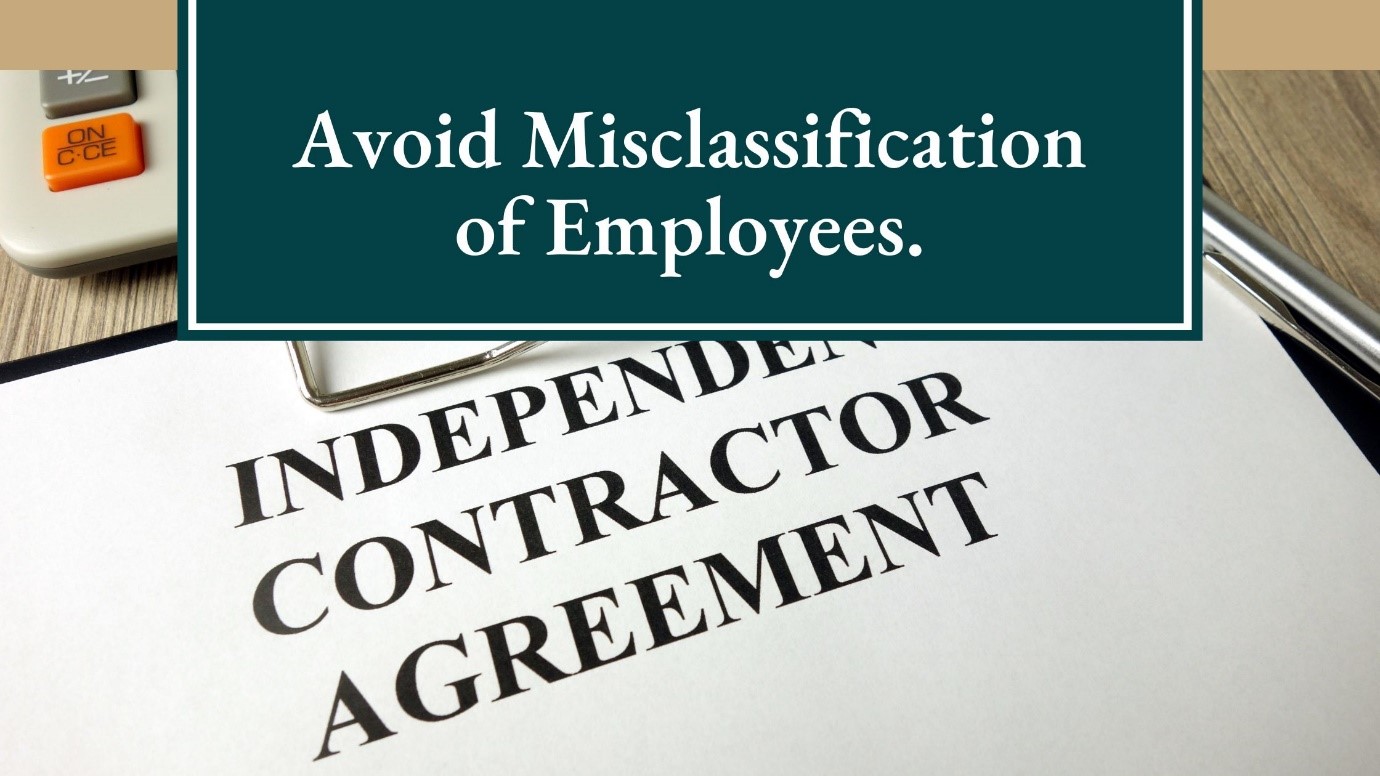Your Easy Guide to Unemployment Taxes

Payroll is more than calculating timecards and paying the right wages or salary. In fact, if you’re not careful, you risk overpaying or underpaying employment taxes.
A big chunk of payroll goes to learning and keeping up-to-date with tax laws. This helps you keep track of your obligations and avoid criminal charges, fines, and penalty fees.
Commonly overlooked payroll taxes are the federal and state unemployment insurance taxes. These taxes fund the unemployment insurance program, which provides benefits to those who have lost their jobs.
Most employers are liable for both the federal (FUTA) and state unemployment taxes (SUTA). But the good news is you can credit your SUTA payments (Wisconsin included) against the FUTA. Here’s what you need to know about them.

The FUTA rate is 6%, applied to the first $7,000 wages paid to each employee during the year. This rate can be reduced to up to 0.6% if you paid state unemployment taxes. This would entitle you to up to 5.4% of credit against your FUTA.
There are three tests to determine if you need to pay the FUTA:
• General Test
This test applies to wages paid to employees who are neither household nor agriculture employees. Under the general test, you are liable to pay the FUTA if you:
- Paid wages of $1,500 or more to employees in any calendar quarter, or
- Have one or more employees for at least 20 or more different weeks. Count all full-time, part-time, and temporary employees.
• Household Employers Test
You must pay the FUTA on wages paid to household employees totaling $1,000 or more in any calendar quarter.
• Agriculture Employers Test
Meanwhile, under the agriculture employers test, you are subject to the FUTA if you meet any of the following:
- You paid cash wages of $20,000 or more to farmworkers during any calendar quarter or
- You employed 10 or more farmworkers during at least some part of a day (whether or not at the same time) during any 20 or more different.
When to Pay and When to File?
Deposit the FUTA through the Electronic Federal Tax Payment System (EFTPS) at least quarterly if your liability exceeds $500. The computation of the basis of the required quarterly payment is cumulative.
As such, if your liability is less than $500 for the present quarter, you don’t have to deposit your payment. However, you should carry over the amount for next quarter’s computation. Thus, if your liability this quarter combined with the next quarter exceeds $500, you’ll have to deposit your payment then.
Those whose liability does not go beyond the threshold can pay for their tax upon filing their annual FUTA tax return (reported on Form 940). The deadline for the 2024 tax year is on January 31, 2025. But, if you have already deposited payments, you can file until February 10, 2025.

State unemployment taxes are paid only by the employer, except in Alaska, New Jersey, and Pennsylvania. In these states, employers must withhold additional money from employees’ wages.
The SUTA tax rate differs per state. In Wisconsin, the unemployment tax rate changes every year. Therefore, it is necessary to regularly adjust your payroll to ensure its accuracy. For 2024, however, the wage base ($14,000) and tax rates remain unchanged:
- Small Employers (Under $500,000 Taxable Payroll): 0% to 12% New Small Employer – 3.05%
- Large Employers (Over $500,000 Taxable Payroll): 0.5% to 12% New Large Employer – 3.25%
- New Construction Employer: 2.5% to 2.7%
Who Are Liable?
If you are liable for the FUTA, you’re most likely also liable to pay SUTA in Wisconsin since most of the rules for being a covered employer are the same. Here are other rules under which you will be held liable for the WI SUTA:
- You paid any wages for Wisconsin employment, and you have a liability for that year under the Federal Unemployment Tax Act (FUTA);
- You took over part or all of the business of an employer already covered under the law; or
- You have no liability by law but voluntarily elected to become a covered employer (with the Department of Workforce Development’s approval).
Tax Payment and Report
Your tax payments and reports must be made and filed quarterly at the end of the month following the third month of a calendar quarter. For example, your payment and report for the first quarter are due on April 30.
If you are a Wisconsin business with 25 or more employees in a quarter, you must pay and file electronically through the Tax and Wage Reporting System.

The rise of the gig economy and increasing reliance on independent contractors may lead some employers to think they can reduce their tax liability. However, no matter what you call them, the law may still treat these so-called “independent contractors” as employees based on the three categories of degree of control and independence: behavioral control, financial control, and type of relationship.
Proper worker classification is crucial to avoid criminal penalties of up to $10,000 per misclassified worker and one year in prison.
Takeaway:
The FUTA and WI SUTA are taxes that you need to prepare for ahead of time since you must pay them quarterly (in both cases) and file as early as January 31 (FUTA) or, in Wisconsin’s case, every quarter.
If you’re not careful, you can incur criminal liability and hurt your bottom line with penalty fees and fines. This applies even if you outsource your payroll and tax compliance, so part of your responsibility is to look for a firm you can trust.
At MBE CPAs, we pride ourselves on the trust we’ve built with our clients. We always keep our clients’ needs and wants at the forefront of everything we do. Whether you want someone else to do it entirely or someone to guide you through the process, we’re here to help. Let’s de-complicate your tax preparation today!
